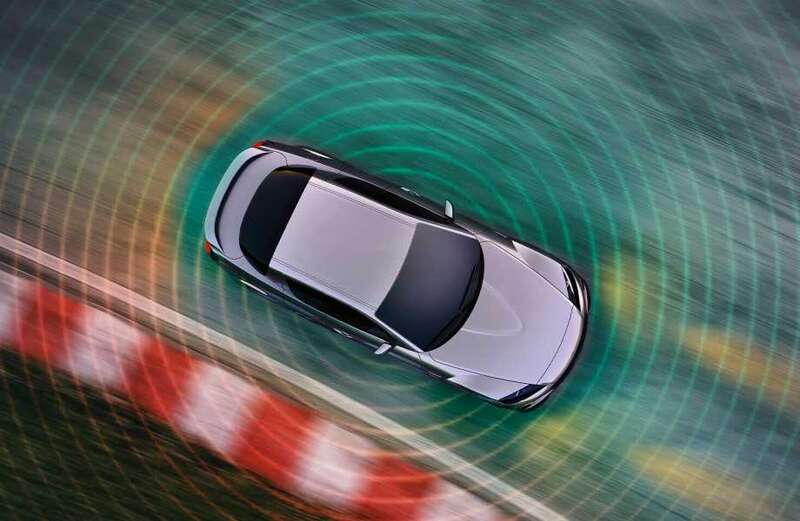MALICIOUS tech has been uncovered by researchers and it could sent self-driving cars veering off course.
It's called the MadRadar hack and it can bypass self-driving car cybersecurity software and leave the vehicle hallucinating.

This is particularly dangerous because a self-driving car could be tricked into thinking there's a vehicle on the road.
It may then swerve when it doesn't need to, with the passenger ending up in a vulnerable position.
The MadRadar hack is also said to be able to hide vehicles that are actually on the road.
 Selfish drivers mount pavement outside family homes putting pedestrians at risk
Selfish drivers mount pavement outside family homes putting pedestrians at risk
These findings will be presented later this month at the Network and Distributed System Security Symposium 2024 in San Diego.
"Without knowing much about the targeted car's radar system, we can make a fake vehicle appear out of nowhere or make an actual vehicle disappear in real-world experiments.
"We're not building these systems to hurt anyone, we're demonstrating the existing problems with current radar systems to show that we need to fundamentally change how we design them," Professor Miroslav Pajic, the lead author of the study, said.
The researchers are concerned that hijackers could use this technology to steal vehicles.
It's thought they could make a steer a vehicle off course in order to get it into a compromising position.
The hack is conducted remotely and involves manipulating car radars.
Researchers are recommending that carmakers randomize car radar system operating parameters and apply extra safeguards.
They hope this will prevent and disaster attacks.
“Imagine adaptive cruise control, which uses radar, believing that the car in front of me was speeding up, causing your own car to speed up, when in reality it wasn’t changing speed at all,” said Pajic.
“If this were done at night, by the time your car’s cameras figured it out you’d be in trouble.”
 Top ten reasons learners fail their driving test revealed by the DVSA
Top ten reasons learners fail their driving test revealed by the DVSA
Self-driving cars are on the rise and are predicted to become extremely popular in the coming years.































